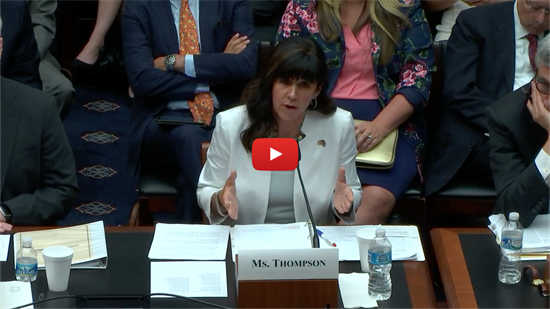E&W Blog
What’s Not Helping Close the Skills Gap: Joint Employer Confusion
WASHINGTON,
November 2, 2017
With more than six million jobs unfilled, addressing our nation’s skills gap is key to empowering more Americans to succeed in the workforce. That’s why promoting skills-based education — including apprenticeship programs — is a leading priority for Congress and the administration.
Unfortunately, one extreme policy could hinder an ongoing effort to encourage employers to expand innovative earn-and-learn opportunities for employees. At a recent Committee on Education and the Workforce hearing, witnesses explained how the expanded National Labor Relations Board joint employer standard undermines workforce development programs.
With more than six million jobs unfilled, addressing our nation’s skills gap is key to empowering more Americans to succeed in the workforce. That’s why promoting skills-based education — including apprenticeship programs — is a leading priority for Congress and the administration.
To watch video, click here. “The confusion around joint employer – not having clarity, consistency, and predictability – is causing us to pull back on these programs.” – Mary Kennedy Thompson, COO of Franchise Brands, Dwyer Group
“With a widening skills gap, especially in the Phoenix area, it is concerning that policies coming out of Washington, D.C. would discourage companies and businesses from investing in workforce development.” – Becky Renner, Arizona area developer for Orange Theory Fitness Centers
|

